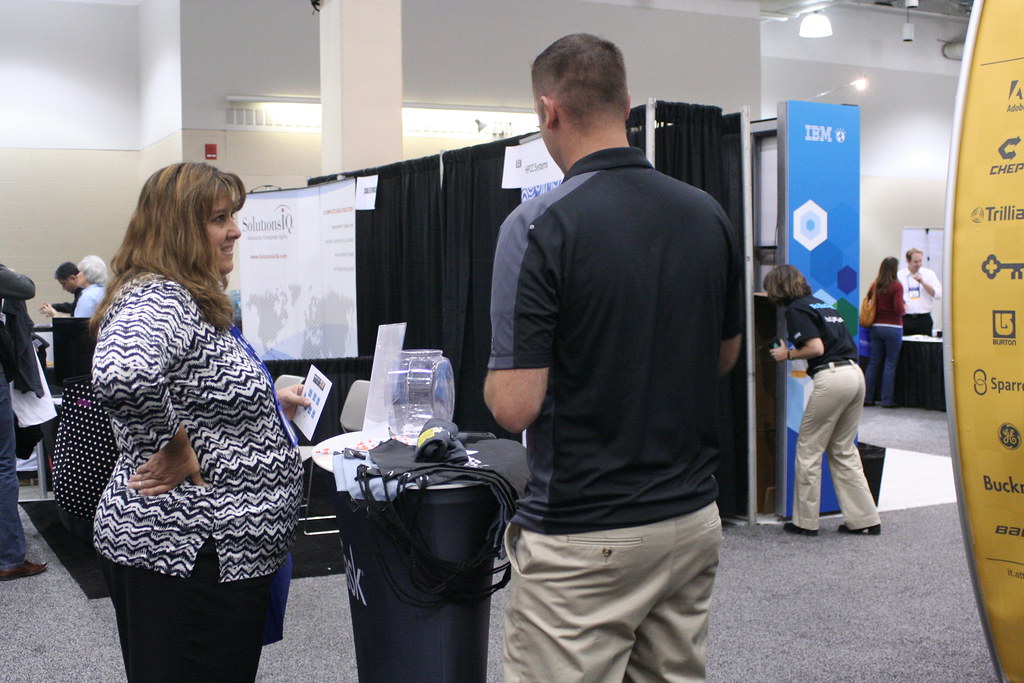Why Understanding Common Errors Matters
The SQE 1 exam is designed not just to test knowledge, but to evaluate how well candidates apply legal principles in real-world scenarios. It’s a rigorous and demanding assessment—and it’s common for well-prepared candidates to fall short not because of what they don’t know, but because of how they approach the exam.
Understanding the typical mistakes that candidates make is more than useful—it’s essential. Avoiding these pitfalls can mean the difference between a narrow fail and a confident pass.
In the early stages of preparation, many students turn to trusted providers likSQE 1e QLTS School to help structure their study and avoid some of the more hidden traps. But no matter how you study, awareness is the first defence.
Relying Too Heavily on Memorisation
Legal exams have a reputation for being memory-heavy, and while it’s important to retain key legal principles, SQE 1 is a different type of challenge. This exam rewards understanding, not rote learning.
Memorising statutes, case names, and definitions without truly grasping how they work in context can be counterproductive. Questions are application-based and revolve around practical scenarios. Often, they involve multiple legal areas layered into a single question.
Instead of just memorising content, work on applying your knowledge to MCQs early and often. Review why each answer is correct—or not—and understand the reasoning behind it. This builds deeper comprehension, which is what the exam actually tests.
Underestimating the Role of Ethics
Ethics isn’t just one of many topics—it runs throughout the SQE 1 syllabus. Every subject, from contract law to criminal litigation, includes embedded ethical decision-making.
Some candidates assume they’ll get by with a basic grasp of professional conduct rules. But that approach won’t hold up in practice. Ethical considerations often change how an otherwise “correct” answer should be handled.
Make sure you study ethics as an integrated part of every topic. When practising questions, always ask: What’s the right thing to do in this situation—not just legally, but professionally?
Mismanaging Time During the Exam
Each of the two FLK assessments in SQE 1 consists of 180 multiple-choice questions, and you’re given 2 hours and 33 minutes to complete each paper. That breaks down to roughly 51 seconds per question.
That’s not a lot of time.
Many candidates spend too long on early questions, panicking when they fall behind and rushing through the final sections. Time mismanagement leads to incomplete papers and guesswork—not a formula for success.
Train with strict time conditions. Learn to pace yourself. If a question is difficult, mark it, move on, and return later. Build confidence by getting through the entire paper with time to spare for review.
Neglecting Weaker Subject Areas
Everyone has a favourite topic—or one they just “get.” The problem comes when you spend too much time strengthening your strengths while ignoring the areas that challenge you.
The SQE 1 is comprehensive. Every subject area contributes to your overall score, and even minor sections can tip the balance between a pass and a fail. Weaknesses can’t be hidden in this exam.
Identify early on which areas you’re weakest in and prioritise them. Build them into your study schedule with targeted revision and extra question practice. The goal isn’t to become perfect in every topic—but to be competent across the board.
Avoiding Practice Questions
Too many candidates wait until they “know enough” before starting practice questions. In truth, you should be doing practice questions almost from the beginning.
MCQs are not just a test of knowledge—they test how well you understand the context, identify relevant facts, and spot ethical red flags. You only build those skills by working through realistic questions.
Make time every week to practise under exam conditions. Review your answers. Understand why each option is right or wrong. This reflective approach turns mistakes into learning opportunities—and helps you build exam-day intuition.
Ignoring Exam Technique and Strategy
Knowing the law is only part of the challenge. Many otherwise knowledgeable candidates struggle because they haven’t developed good exam technique.
Some common issues:
- Overreading questions
- Rushing decisions without full analysis
- Getting stuck on unfamiliar topics
- Second-guessing initial instincts
Techniques matter. Learn to:
- Identify what each question is really asking
- Eliminate obviously wrong options
- Stay calm under pressure
- Use your legal judgment when options are nuanced
Build strategy into your study routine. Think tactically—not just academically.
Poor Study Planning and Burnout
Cramming doesn’t work for SQE 1. The syllabus is broad, and the questions are designed to trip up anyone who’s only skimmed the surface. You need time, structure, and consistency.
One of the biggest mistakes is failing to plan realistically. Some candidates underestimate how long it will take to cover all topics. Others study too intensely for short periods and burn out.
Create a schedule that spreads your learning out across weeks and months. Build in review time, rest days, and flexible buffers. Your brain needs space to consolidate what you’ve learned.
Remember: quality of study beats quantity.
Overlooking the Practical Side of Legal Knowledge
SQE 1 doesn’t just test theory—it evaluates how well you can operate in real legal contexts. This means you need to think like a solicitor, not a student.
For example:
- Instead of simply recalling the rules of adverse possession, consider how you’d advise a client facing that issue.
- Don’t just memorise accounting principles—understand how they affect a firm’s day-to-day financial decisions.
Visualise client scenarios. Ask yourself what the solicitor’s next step would be. This mindset shift is subtle, but it’s what the examiners are looking for.
Turning Mistakes Into a Better Exam Experience
Mistakes are inevitable—but they don’t have to be setbacks. In fact, the way you respond to your missteps may be the key to your success.
Each misunderstood concept, missed question, or moment of self-doubt is a signal. Use it. Adjust your study plan. Revisit old topics. Clarify your blind spots. Every revision cycle, every practice test, and every mock exam is a chance to refine your skills.
The SQE 1 is not just about passing an exam—it’s about building the legal mindset you’ll carry into your future career. If you can learn from your mistakes now, you’ll walk into exam day not just knowledgeable, but ready.
And readiness, more than anything else, is what sets successful candidates apart.
Apart from that, if you want to know more about 3 Key Applications of Financial Engineering in Portfolio Optimization then visit our Business category.
For those preparing for exams, it’s important to consider where to store study materials. Learn more about storage options here



